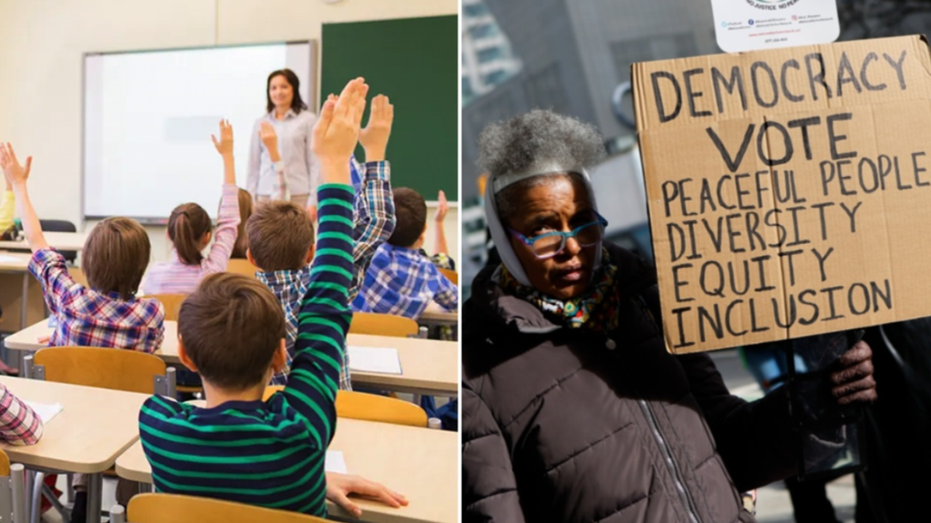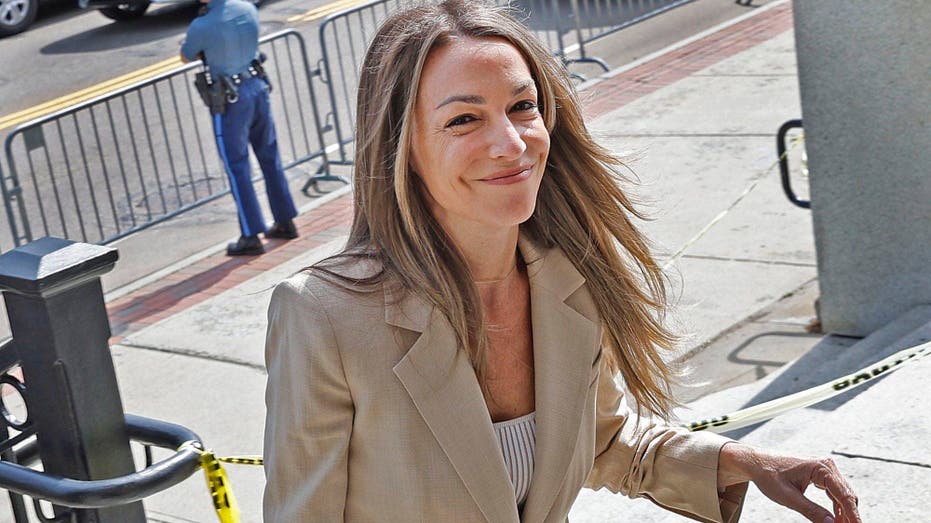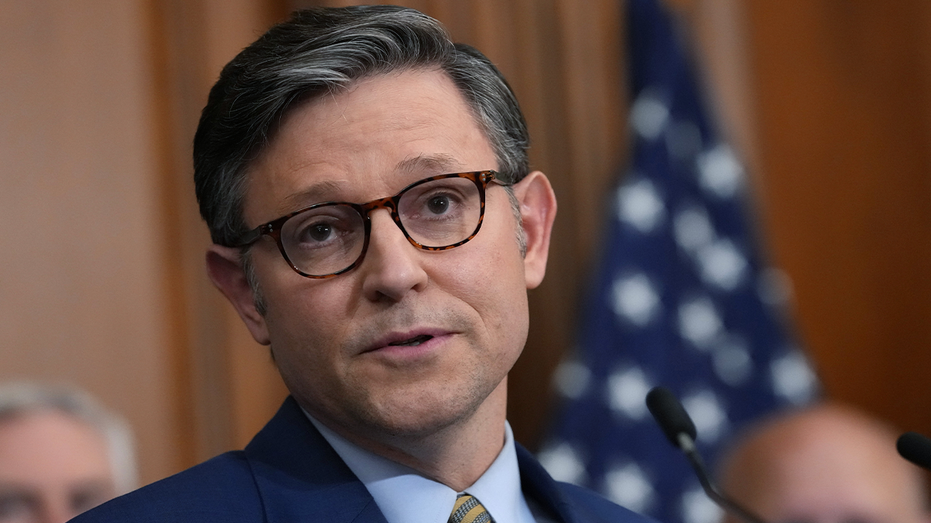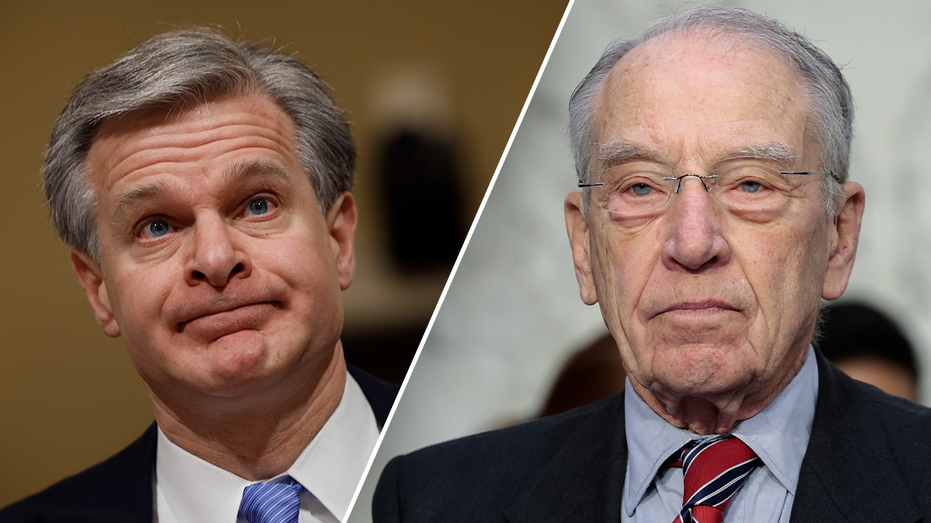Watchdog Reports Hundreds of Millions in Tax Dollars Awarded to DEI Groups in What It Calls a 'Total Racket'
New report exposes public schools' $120 million expenditure on DEI consultants promoting leftist ideologies.

A newly released report has uncovered that dozens of diversity, equity, and inclusion (DEI) consultant groups have amassed more than $123 million in contracts with K-12 public schools across 40 states in just the past three years. The findings, which analyze agreements from 303 school districts nationwide since 2021, shed light on the growing financial relationship between public education entities and third-party DEI providers—spanning states as politically varied as Florida and California.
Among the firms identified, Amplify stands out as the top recipient, reportedly receiving over $70 million for its services. While the company states its core mission is to enhance literacy and numeracy through textbooks and instructional materials, critics argue that such organizations have become influential players in shaping classroom content, sometimes beyond their stated educational focus. According to one Amplify spokesperson, the firm’s educational products “help students learn how to think, not what to think,” denying any political or ideological agenda embedded in its offerings.
Other consultant groups, like Adjusted Equity Solutions—which maintains an affiliation with the Culturally Responsive School Leadership Institute—have also secured lucrative contracts, taking in more than $1 million during the period studied. This group advertises services such as challenging “whiteness and hegemonic epistemologies” in schools and conducting “equity audits” designed to evaluate inclusivity in student experiences, policies, and practices. Proponents claim these efforts foster more welcoming environments for historically marginalized students, but opponents warn that such consulting can veer into ideology-driven territory.
Erika Sanzi, a spokesperson for Defending Education, expressed grave concerns about these relationships, characterizing the landscape as a “total racket that makes schools worse.” Sanzi warned that many DEI initiatives lack evidence of effectiveness and tend to feature jargon-laden interventions rather than concrete academic support. She further suggested that age-appropriateness is frequently neglected when new curricula are introduced, stating, “Tinkering in the minds of other people's children is big business and countless K-12 schools across the country are active participants.”
The report raises questions about the transparency and impact of these DEI programs. Sanzi explained that while the language often centers around positive concepts like “belonging” and “empathy,” the practical implementation can become controversial—particularly when sensitive issues arise. “At first, you're thinking lesson on empathy, like that's good,” she said. “Who wouldn't want their child to be empathetic?” Yet, she argued, some lessons may ask students to suppress discomfort or dissent when faced with complex social situations, prompting parent and community concern.
Recent federal oversight has added another layer to the debate. The Trump administration’s Department of Education has issued warnings to state officials, threatening to withhold federal funding if DEI policies are not removed. In response, many consultant groups have reportedly adapted their messaging, removing explicit references to DEI while maintaining similar practices under new names like “belonging” or “inclusivity.”
Sanzi concluded with a caution that the majority of consultants involved are “activists” and “ideologues” who have the right to their views, but should not be shaping the experiences of children in public schools funded by taxpayer dollars. She calls for greater transparency and a reassessment of how and why such significant resources are being allocated to outside groups. As debate intensifies, school districts may soon face increased scrutiny over their spending priorities and the influence of DEI consultants on the nation’s educational landscape.




